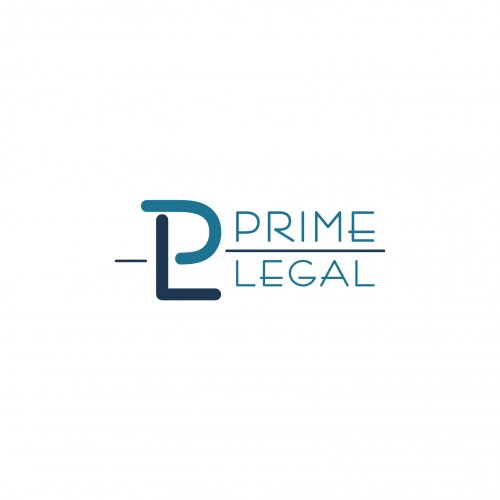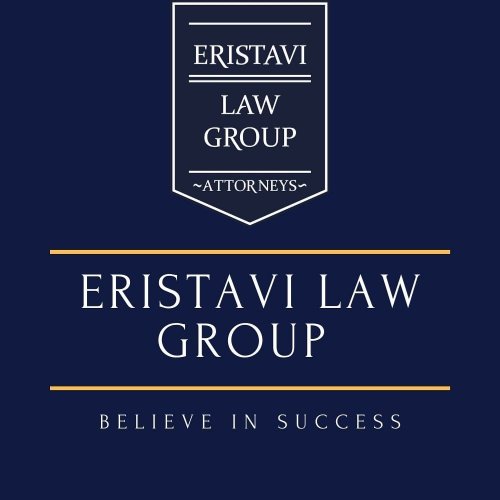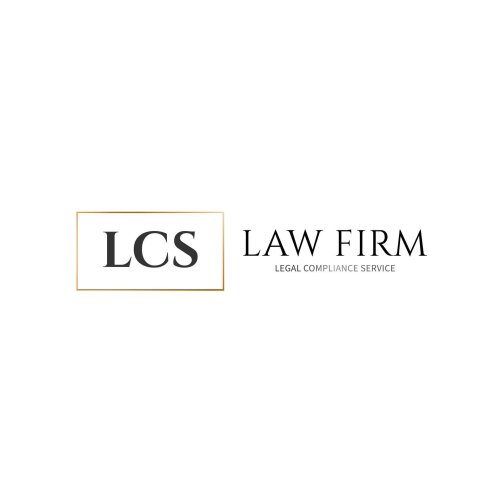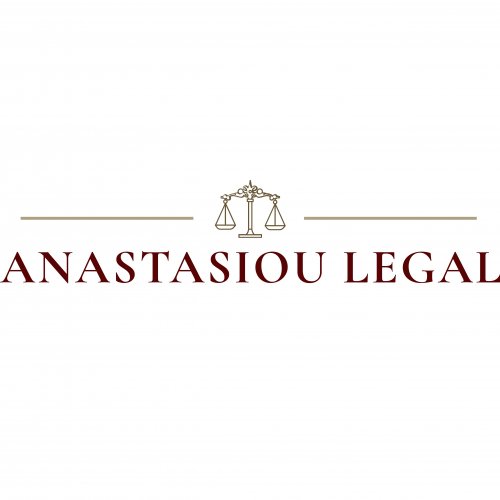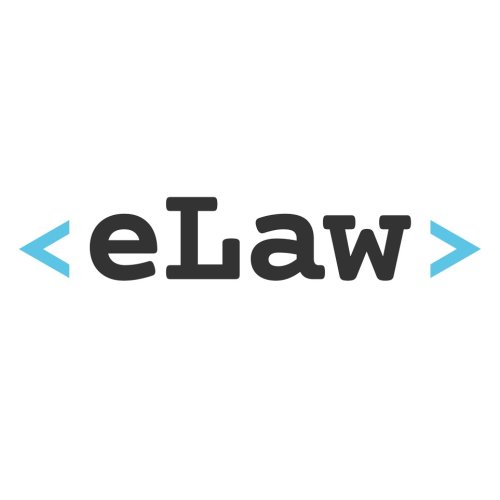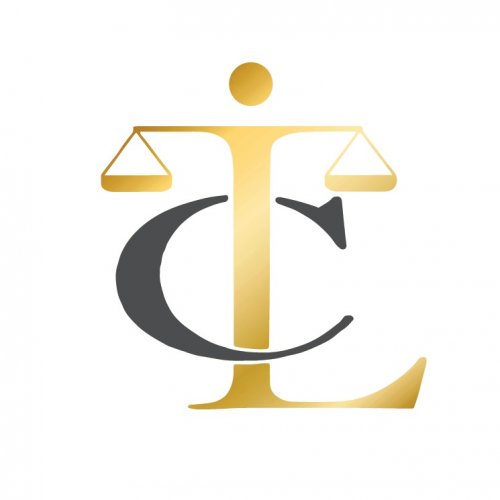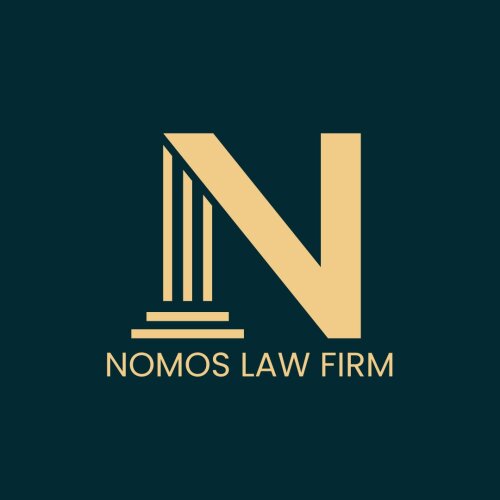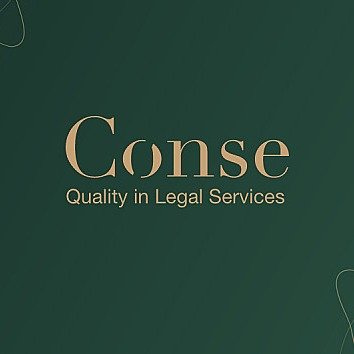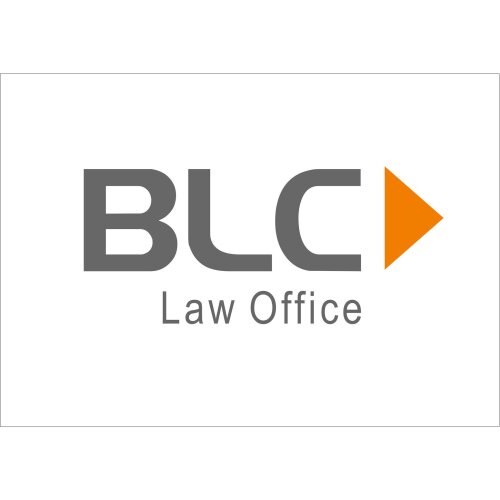Best Funds & Asset Management Lawyers in Tbilisi
Share your needs with us, get contacted by law firms.
Free. Takes 2 min.
List of the best lawyers in Tbilisi, Georgia
About Funds & Asset Management Law in Tbilisi, Georgia
Funds and asset management in Tbilisi, Georgia refers to the professional management of investment portfolios, funds, and other financial assets on behalf of individual and institutional investors. The sector has grown rapidly in recent years due to Georgia's improving financial infrastructure, economic reforms, and openness to international investment. The framework in Tbilisi supports a variety of funds, including private equity, venture capital, and real estate funds, as well as traditional asset management services offered by investment companies and financial institutions. Georgian law has introduced contemporary standards in line with international best practices, although the market still presents distinctive regulatory and legal characteristics that domestic and foreign investors must navigate.
Why You May Need a Lawyer
Navigating the funds and asset management landscape in Tbilisi can be challenging due to complex regulations, tax implications, and compliance issues. You may require a lawyer in situations such as:
- Setting up a private investment fund or asset management business
- Drafting and negotiating investment management agreements
- Understanding tax obligations and optimizing fund structures
- Ensuring compliance with the National Bank of Georgia’s rules
- Legal due diligence in relation to fund investments or mergers and acquisitions
- Representing investors’ interests in disputes with asset managers or fund administrators
- Assisting foreign investors in repatriation of profits or resolving cross-border legal challenges
- Advising on anti-money laundering (AML) and know-your-customer (KYC) requirements
- Resolving regulatory investigations or penalties
- Transacting in alternative investments such as real estate or venture capital in compliance with local laws
A specialized lawyer ensures your interests are protected, your investments are legally secure, and your business activities comply with all the relevant regulations.
Local Laws Overview
The laws governing funds and asset management in Tbilisi are shaped by the Law of Georgia on Investment Funds and related secondary legislation, enforced and supervised by the National Bank of Georgia. This framework sets the procedures for establishing, registering, and operating investment funds, as well as licensing and supervising fund managers. Key aspects include:
- Classification of funds into open-ended and closed-ended types
- Strict licensing and minimum capital requirements for fund managers
- Disclosure and reporting obligations to regulators and investors
- AML and KYC compliance standards aligned with international guidelines
- Investor protection measures, including segregation of client assets
- Regulations concerning marketing, distribution, and cross-border offerings of funds
- Tax rules on fund structures and investor returns, including incentives for certain investment activities
The regulatory environment is generally business-friendly but enforces high transparency and governance standards to shield investors and the market from risks.
Frequently Asked Questions
What is the difference between open-ended and closed-ended funds in Georgia?
Open-ended funds allow investors to enter or exit the fund at any time at net asset value, while closed-ended funds issue a fixed number of shares that can only be redeemed after a set period or traded on the secondary market.
Do foreign investors face any restrictions when investing in Georgian funds?
Foreign investors are allowed to invest in Georgian funds without significant restrictions, but they must follow standard AML and KYC procedures and comply with foreign currency regulations enforced by the National Bank of Georgia.
Is it necessary to obtain a license to manage funds in Georgia?
Yes, individuals or entities that wish to manage investment funds must be licensed by the National Bank of Georgia and comply with ongoing regulatory requirements.
How are fund managers supervised in Tbilisi?
The National Bank of Georgia supervises fund managers by conducting periodic inspections, requiring regular reporting, and enforcing compliance with investor protection, capital, and governance standards.
What are the main tax considerations for funds and investors in Georgia?
Georgia offers a relatively attractive tax regime for investment funds, but tax obligations can vary depending on fund structure, asset type, and residency of investors. Legal advice is essential to optimize structure and ensure compliance.
Can funds be marketed to retail investors in Georgia?
Only certain types of funds that meet regulatory and disclosure requirements can be marketed to retail investors in Georgia. Specific rules apply regarding the eligibility of investors, risk warnings, and documentation.
What legal recourse do investors have in case of disputes with fund managers?
Investors can pursue claims before Georgian courts or, if agreed, through arbitration. Most reputable fund managers offer transparent dispute resolution procedures that comply with Georgian law.
What are AML and KYC requirements in funds and asset management?
AML and KYC regulations require funds and managers to verify investor identities, report suspicious transactions, and maintain transparent records to combat money laundering and terrorist financing.
How do regulations affect alternative investment vehicles in Georgia?
Alternative investments like real estate funds, venture capital, or private equity are subject to additional regulations on fund structure, investor eligibility, disclosures, and risk management practices.
Who regulates funds and asset management activities in Georgia?
The National Bank of Georgia is the primary regulatory authority, handling licensing, supervision, and enforcement for all funds and asset management activities in the country.
Additional Resources
Those seeking more information or support on funds and asset management in Tbilisi may consider:
- The National Bank of Georgia (supervision and licensing authority)
- Georgian Bar Association (listing of qualified legal professionals)
- Ministry of Finance of Georgia (tax guidance and regulations)
- Georgian Chamber of Commerce and Industry (business networking and guidance)
- International Finance Corporation and similar international organizations with local offices
Consulting these organizations or government bodies can help you locate official legal texts, regulatory updates, and professional support for your specific needs.
Next Steps
If you require legal assistance in funds and asset management in Tbilisi, Georgia, you should start by clearly outlining your objectives and basic facts about your situation. Next, research and contact specialized lawyers or legal advisors with experience in local fund and asset management laws. Prepare relevant documentation such as business plans, investment agreements, identification documents, and prior correspondence with regulatory authorities. When engaging with a legal professional, ask about their experience with similar matters, discuss fee arrangements transparently, and ensure they are registered with the Georgian Bar Association or an equivalent professional body. Taking these steps will position you for informed decisions and legal security as you navigate the investment landscape in Tbilisi.
Lawzana helps you find the best lawyers and law firms in Tbilisi through a curated and pre-screened list of qualified legal professionals. Our platform offers rankings and detailed profiles of attorneys and law firms, allowing you to compare based on practice areas, including Funds & Asset Management, experience, and client feedback.
Each profile includes a description of the firm's areas of practice, client reviews, team members and partners, year of establishment, spoken languages, office locations, contact information, social media presence, and any published articles or resources. Most firms on our platform speak English and are experienced in both local and international legal matters.
Get a quote from top-rated law firms in Tbilisi, Georgia — quickly, securely, and without unnecessary hassle.
Disclaimer:
The information provided on this page is for general informational purposes only and does not constitute legal advice. While we strive to ensure the accuracy and relevance of the content, legal information may change over time, and interpretations of the law can vary. You should always consult with a qualified legal professional for advice specific to your situation.
We disclaim all liability for actions taken or not taken based on the content of this page. If you believe any information is incorrect or outdated, please contact us, and we will review and update it where appropriate.



